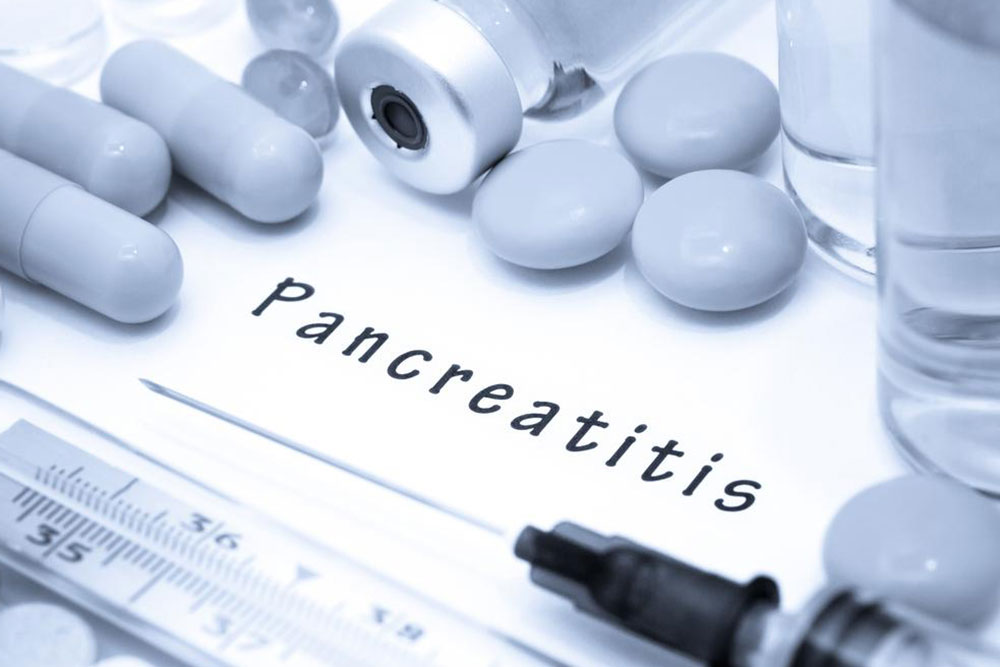Understanding Colitis: Symptoms and Management Approaches
Colitis is an inflammation of the colon that presents with symptoms like diarrhea, abdominal pain, and bleeding. Proper diagnosis and tailored treatment, including medication and diet adjustments, are essential. Managing underlying causes and adopting a healthy lifestyle can help control the condition and prevent flare-ups. Understanding symptoms and seeking prompt medical attention improves outcomes and quality of life.
Sponsored

Colitis refers to inflammation of the colon, also called the large intestine. This condition presents a variety of symptoms that differ among individuals. Types include microscopic colitis, ischemic colitis, inflammatory bowel diseases like ulcerative colitis and Crohn’s disease, chemical colitis, pseudomembranous colitis, and infectious causes such as food poisoning and bacterial or parasitic infections.
Accurate diagnosis is essential for effective treatment, as symptoms vary based on the colitis type. Recognizing these signs helps individuals seek prompt medical care.
Common Symptoms of Colitis
Medical research indicates that diarrhea and abdominal discomfort are typical symptoms of colitis.
Inflammation-Induced Pain
Inflammation causes muscle spasms in the colon, leading to episodic cramping or colicky pain, usually felt in the lower abdomen but possibly anywhere along the colon. This inflammation hampers water reabsorption, resulting in frequent watery stools.
When the colon lining is damaged, bleeding may occur, especially with ulcerative colitis where small ulcers form.
Pain from Diarrhea
Discomfort often intensifies before a bowel movement and may ease afterward but recur with subsequent episodes. Urgency, or sudden urges to defecate, is common.
Other symptoms linked to colitis include:
Chills
Fever
Fatigue
Malaise
Dehydration
Signs of dehydration entail dizziness, decreased urine output, and weakness. Additionally, Crohn’s and ulcerative colitis can cause extraintestinal symptoms such as eye inflammation, joint swelling, skin ulcers, and mouth sores.
If experiencing these symptoms, consult a healthcare provider for proper diagnosis and management.
Approaches to Colitis Treatment
Treatment varies based on the cause. Mild cases may only require symptomatic relief with medications and fluids to rest the bowel. Severe cases might need IV fluids or surgical intervention.
Ischemic Colitis: Initially managed with supportive care, including IV hydration. Surgery may be necessary if tissue death occurs due to lack of blood flow.
Infections: Viral infections often resolve with fluids, while bacterial causes like Clostridium difficile require antibiotics and anti-inflammatory treatments.
Intestinal Pain and Diarrhea: A liquid diet coupled with medication can help, but consultation with a doctor is advisable before medication intake.
Inflammatory Bowel Disease: Typically managed with anti-inflammatory drugs first; immune suppressants or surgery may be considered if needed.
Diet’s Role in Managing Colitis
Maintaining a nutritious diet can significantly reduce flare-ups and symptoms. Avoid foods such as fried or greasy items, high-fiber foods like nuts and seeds, and dairy if lactose intolerant. Lactose-free dairy options are preferable when necessary.
Preventive measures include monitoring blood pressure, blood sugar, cholesterol, and quitting smoking, all crucial in reducing complications and preventing disease onset.






